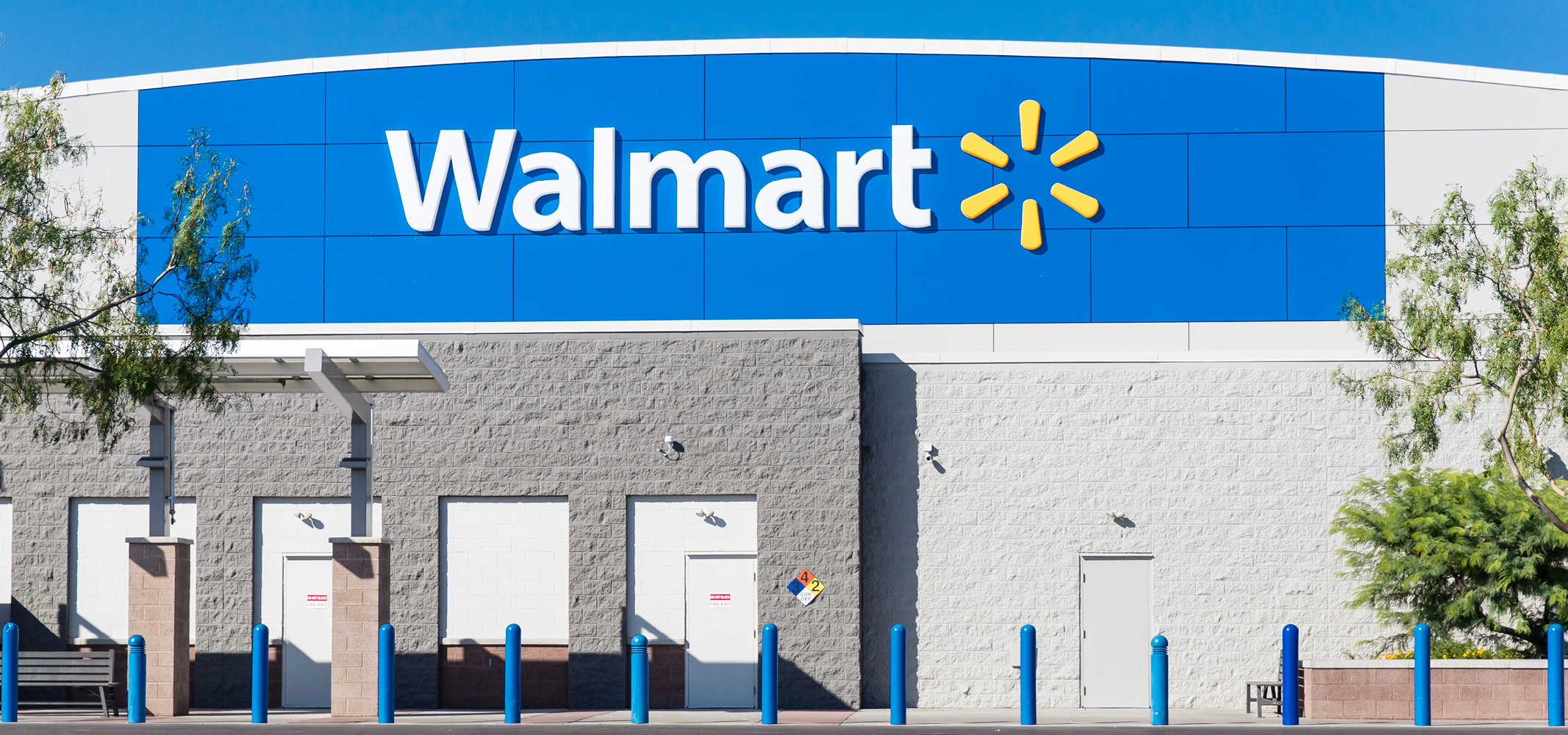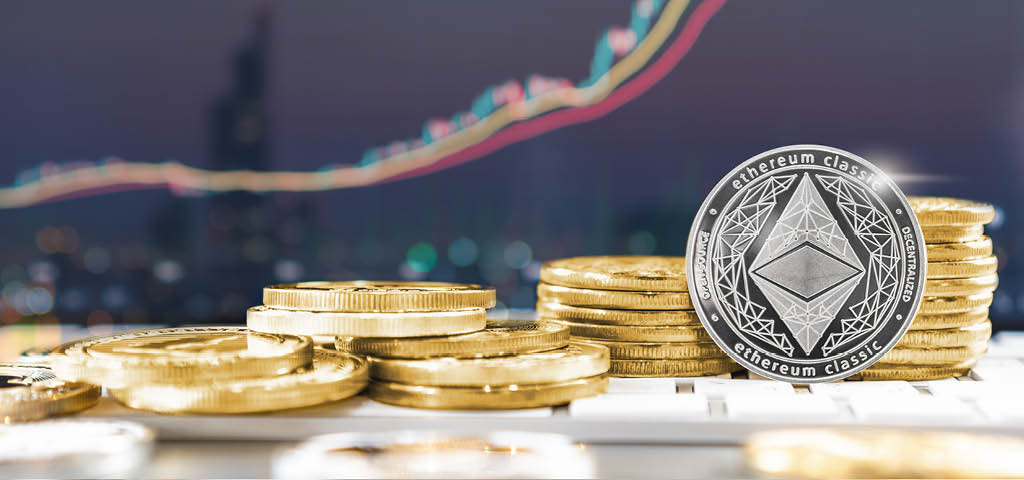In the future, the global supply chains of raw materials and components for the automobile manufacturer BMW will be traceable via DLT. In the future, BMW wants to trace the worldwide supply chains of raw materials and components using block chain technology. The company invites “interested companies to join the initiative” – purchasing director Andreas Wendt.
What does DLT bring to the company?
The answer is: transparency. Cobalt, for example, is an important component of batteries for electric cars and is mainly mined in the Congo. The problem here is that this is often done without regard to safety and health standards and child labour.
BMW’s “PartChain” project enables data to be recorded and transactions in the supply chain to be checked at any time, tamper-proof, seamlessly and transparently for all those involved.
In 2019, a successful pilot project for the purchase of front lights took place.
“This year we want to extend the project to numerous other suppliers,” said Wendt.
In the long term, BMW expects the project to provide full traceability of critical raw materials from the mine to the smelter.
The aim of the project is to create an open platform through which data can be exchanged and shared within supply chains, across industries, securely and anonymously.










Leave A Comment
You must be logged in to post a comment.